Empowering Health Advocates: The Spring 2025 CABL Semester in Review

The Collegiate Advocates for Better Living (CABL) program continues to flourish, with this Spring 2025 semester showcasing the passion, creativity, and commitment of student leaders across Adventist universities. Each student-led event highlighted different aspects of health and wellness. Many focused on mental health, relationship-building, social engagement, service, and both physical and spiritual well-being. The programs were simply inventive and simply effective. Below, we spotlight some of these initiatives and how they are shaping both the students and the communities they serve.
1. Phone-Free Game Night – Andrea Huaytalla (Andrews University)
In an effort to address the growing concerns surrounding screen time and its effects on mental health, Andrea Huaytalla hosted a Phone-Free Game Night at Andrews University. The event aimed to promote face-to-face interaction and create a space for social engagement, helping students relieve stress and build stronger connections. By encouraging attendees to step away from their phones, the event successfully created a fun, inclusive environment. 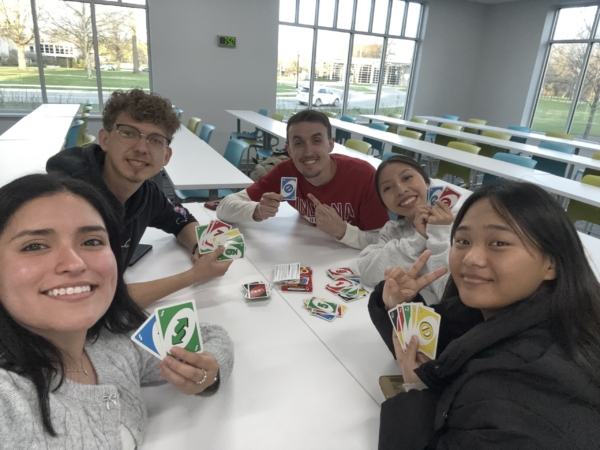
2. Stress Relief Animals – Monique McGuire (La Sierra University)
Monique McGuire led an innovative event, Stress Relief Animals – Puppy Playtime, inviting therapy dogs from the Paws of Love organization to La Sierra University. The event, designed to alleviate stress during a high-pressure academic period, saw 50 students participating. By promoting emotional balance and providing students with a unique opportunity to engage with animals, the event successfully highlighted the therapeutic benefits of animal-assisted activities.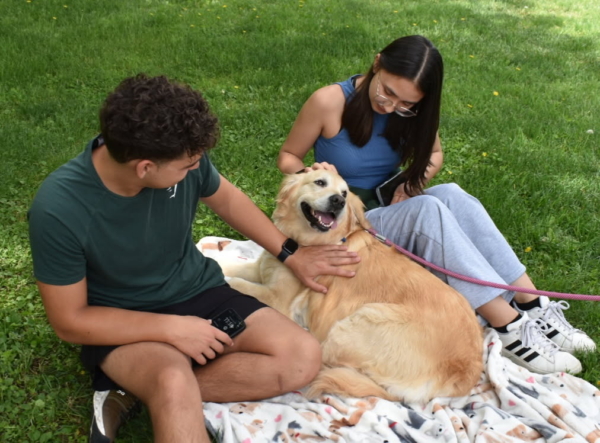
3. Annual Track Attack – Elysa Lewis (Oakwood University)
Oakwood University’s Annual Track Attack, led by Elysa Lewis, aimed to promote physical health through a simple but engaging activity: a 1-mile walk or run. This event was particularly designed for students to relax and enjoy physical activity at their own pace and with a welcoming and supportive atmosphere and group of peers.
4. Dinner with the Doctor – Kyrianna Reimer (Burman University)
Kyrianna Reimer hosted a Dinner with the Doctor event at Burman University, where international author and speaker Dr. David DeRose spoke on topics related to nutrition, exercise, and overall wellness. This highly successful event, attended by 80 people, aimed to educate students and the wider community about the benefits of whole-food, plant-based eating. The combination of health education and delicious meals made for a memorable evening connecting with the community. 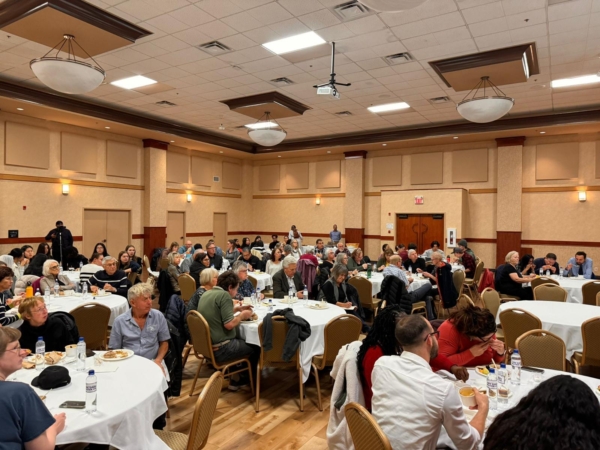
5. CABL Health Challenge Weekend – Kyrianna Reimer (Burman University)
The CABL Health Challenge Weekend was another ambitious initiative led by Kyrianna Reimer, featuring Dr. DeRose’s talks on spiritual, mental, and physical health. This weekend event brought together 300 participants and saw a collaborative effort from Burman University, the Campus Ministries Team, and the local church.
6. Outdoor Adventure – Kyrianna Reimer (Burman University)
Despite facing weather challenges, Kyrianna’s Outdoor Adventure event to explore the Alberta mountains was a success. The group enjoyed a visit to Crescent Falls and Abraham Lake, fostering social connections while encouraging physical activity in nature.
The Professional Growth of CABL Advocates
The Collegiate Advocates for Better Living (CABL) program has been a cornerstone of health promotion on the campuses of Adventist colleges and universities for over five decades. Launched in 1972, CABL has grown from its humble beginnings at Southwestern Adventist University to empowering students across numerous Adventist colleges and universities to advocate for healthy lifestyles and sustainable living practices. Since its inception, CABL has aimed to nurture a new generation of leaders who not only model healthy living but also serve as ambassadors for the values of physical, mental, social, and spiritual wellness.
Beyond the immediate benefits of these wellness initiatives, the CABL program continues to offer invaluable professional development opportunities for students. Leading and organizing events like these gives students the chance to refine their leadership, communication, and organizational skills—tools that will serve them well in their future careers. Furthermore, by working with various campus departments, community organizations, and faculty, CABL leaders gain essential networking experience, strengthening their resumes and building connections that will be useful long after they graduate.
Through their innovative programming, CABL leaders are not only promoting the health and well-being of their peers but also honing the skills they will need to lead in the future. As seen in these reports, the Spring 2025 cohort has shown incredible dedication and initiative. Now, as they continue their academic, professional, and personal growth and development, we rejoice in the service they have done and the impact they have had on the lives of their peers and communities.

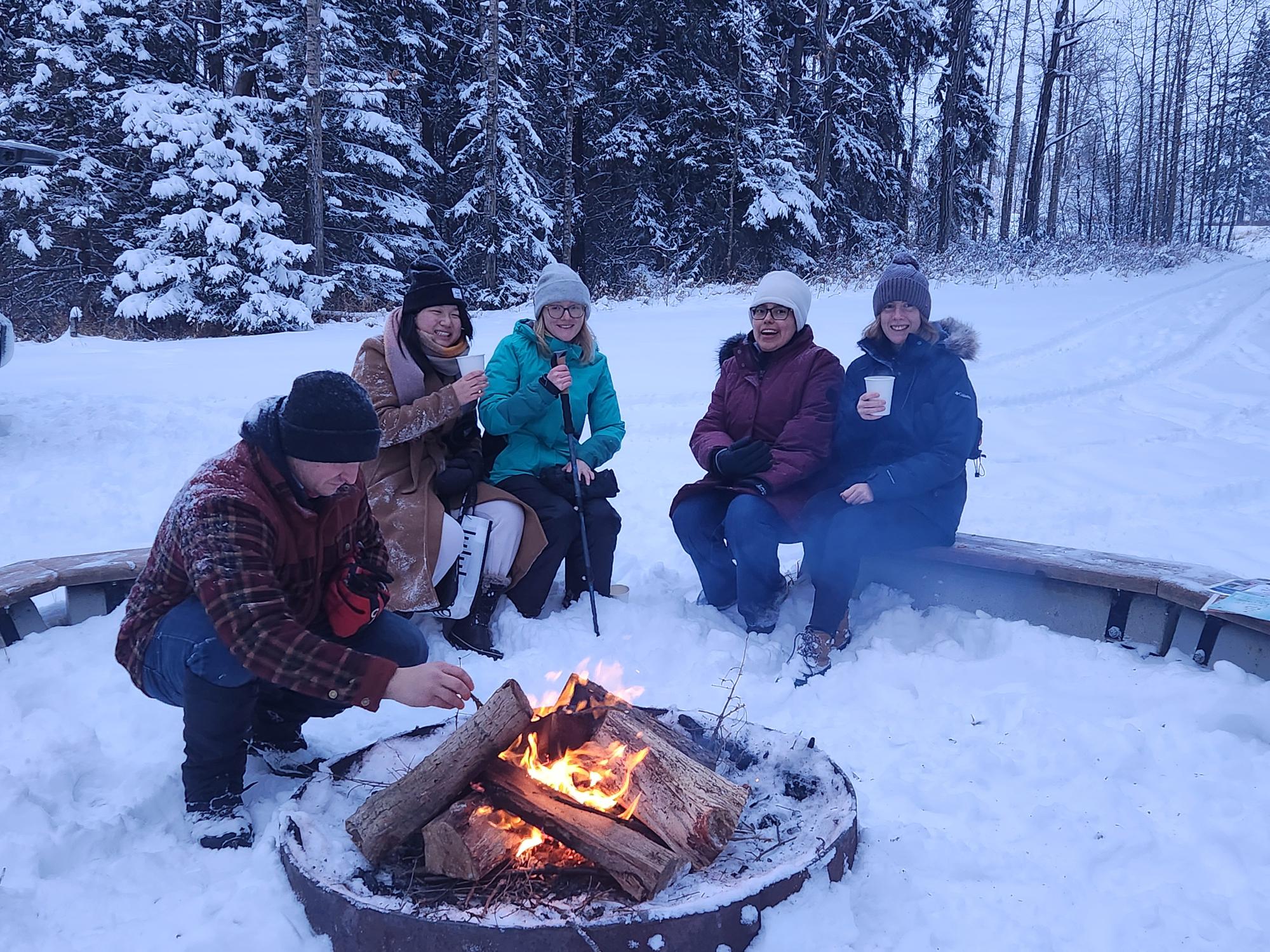
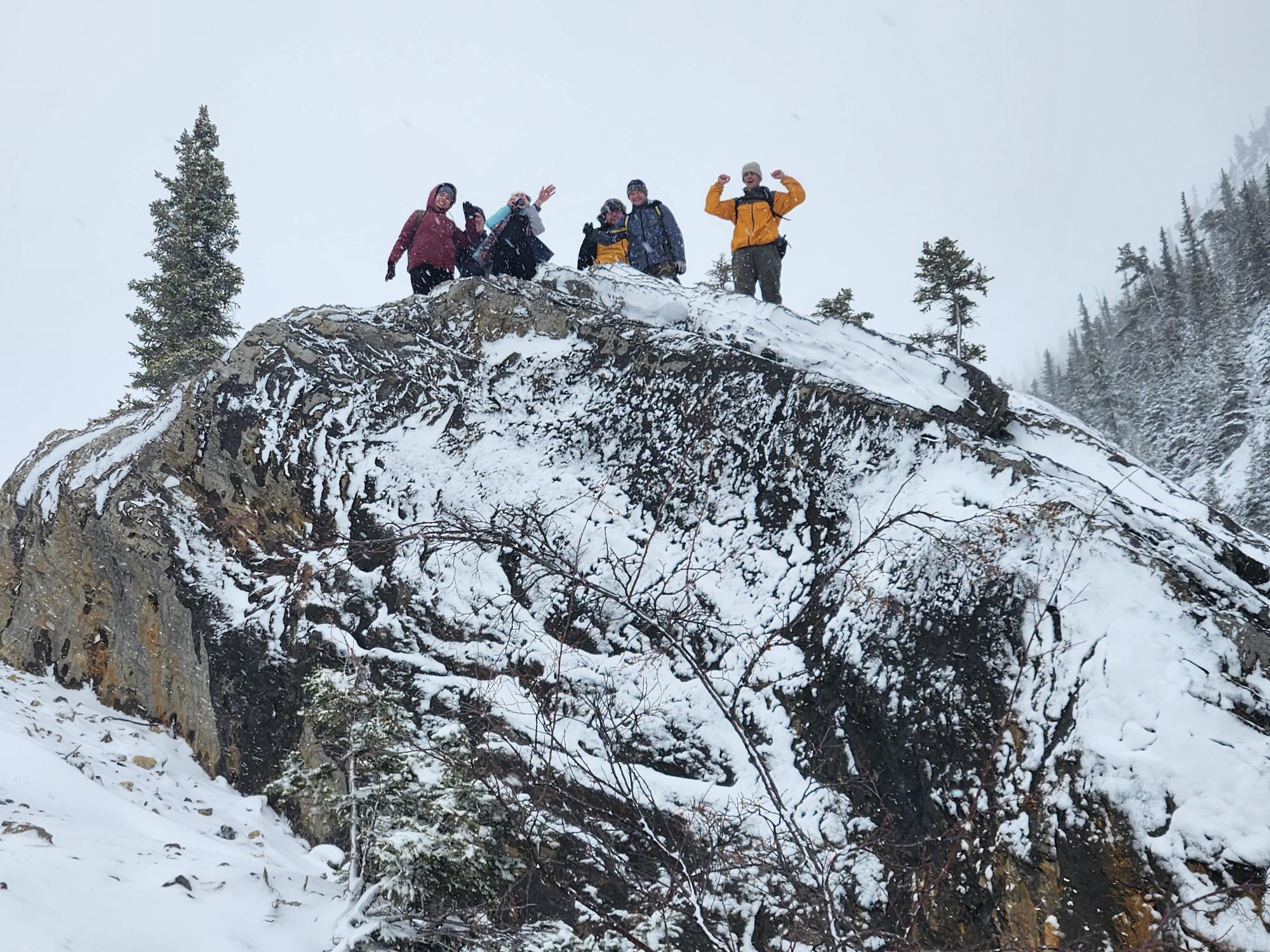
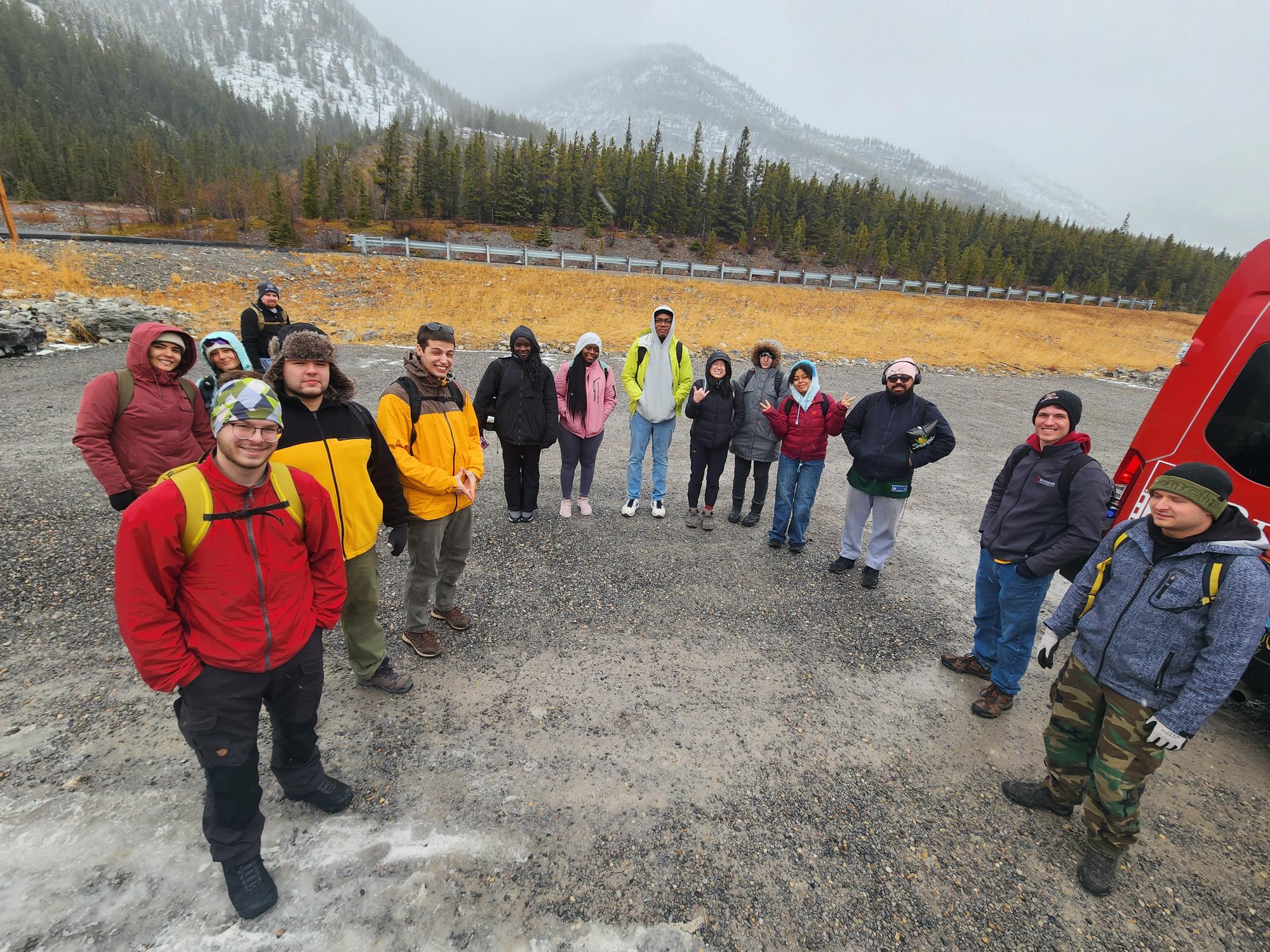
Leave A Comment